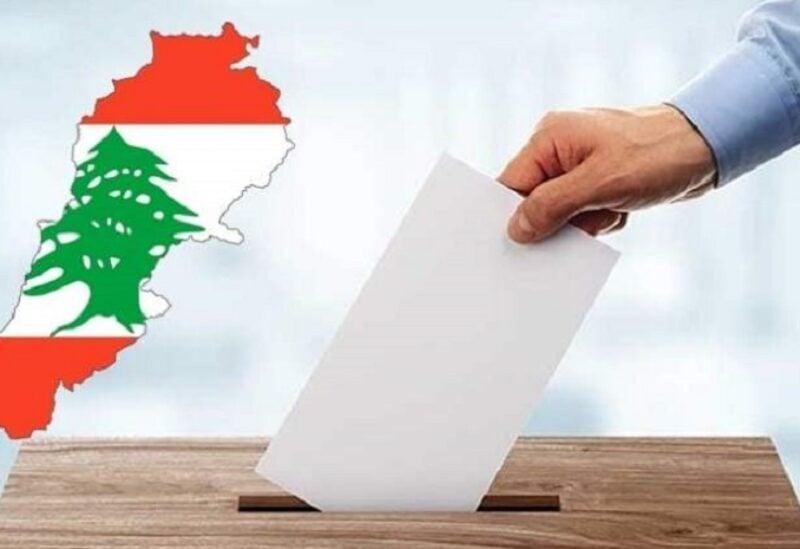
elections
The Election Supervision Commission is one of the most visible reforms listed in the Elections Law No. 44/2017, under which the 2018 elections were held. One of its key responsibilities is to plan the electoral campaign, limit electoral expenditures, and check the compliance of lists, candidates, and media of all types, including instructing voters and strengthening democratic practice through all available means, including giving them the authority to decide on the validity of the comprehensive account statement submitted by candidates after the official results are announced, and rejecting it if it exceeds the spending ceiling or violates the law. This includes electronic means, regardless of how different they are. It also imposed further penalties for breaking the restrictions of Article No. 79 concerning opinion surveys.
The Election Supervisory Board’s monitoring spans the whole electoral campaign season, beginning with the opening of the door for candidacy and ending with the closing of polling stations. It is up to it to review the thorough mathematical data supplied by the candidates within thirty days of the official results being announced, to audit them within thirty days of their submission, and to transmit its conclusions in this regard to the Constitutional Council.
The new electoral legislation governs how the commission communicates with other election-related official organizations. It mandates the commission to provide a report on its work at the conclusion of its term and to send it to the Presidency of the Republic, the Parliament, the Council of Ministers, the Minister of Interior and Municipalities, and the Constitutional Council. The higher registration committees talked with the supervising authority and agreed that the final report of the authority should be published in the Official Gazette.
The commission is distinguished by its independence in carrying out its duties, but it collaborates with the Minister of Interior and Municipalities, who supervises its work and determines its headquarters and is administratively linked to it because the law did not grant it the disbursement of credits, and it remained in the hands of the Minister of Interior. Moreover, the procedural authority has the final say in appointments from among the names submitted to it.
In this regard, the head of the Election Supervision Commission, Nadim Abdel Malik, during his interview with Sawt Beirut International, emphasized that the commission’s quorum is safe despite the vacancy of three seats out of the commission’s eleven, hoping that the new members will be selected as quickly as possible by the Council of Minister, especially when three of the three vacant seats are held by a financial judge, a member of the Press Syndicate, and a member of the National Council for Audio-Visual Media.
According to Abdel Malik, the commission has consecutive meetings in order to make organizational and administrative decisions, as well as to post statistics and announcements on its website.
Abdel Malik regrets that the Parliament did not adopt the commission’s recommendations issued in 2018, which were included in the final report, because the law relating to the commission’s powers and insufficient independence was not amended, but he denies that its members were subjected to political pressure.
Concerning the role of the Supervisory Board on Expatriate Elections, Abdel Malik said that one of the law’s provisions stipulates that Supervisory Board’s role in elections is both externally and locally, but the external oversight was formal and ineffective in previous elections, where giant screens were set up in the Ministry of Foreign Affairs and 6 members of the Commission rotated to monitor. This is done through these screens, and it is believed that two members of the commission must travel overseas to witness the voting process in order to carry out efficient monitoring as required by law.
Concerning the preparations, he believes that the Ministry of Interior is serious about holding elections, but that the candidates are chilly about them. He adds that, up to this point, only applicants have submitted to the commission by creating a bank account, lifting banking secrecy, and seeking the appointment of an account auditor, as required by law.
According to Abdel Malik, the reason for the delay in submitting candidacy applications is likely due to the fact that alliances have not been completed, and that some are betting that the elections, which are a local and international demand, will not take place, pointing out that the supervisory body is primarily concerned with ensuring that the elections take place on time.